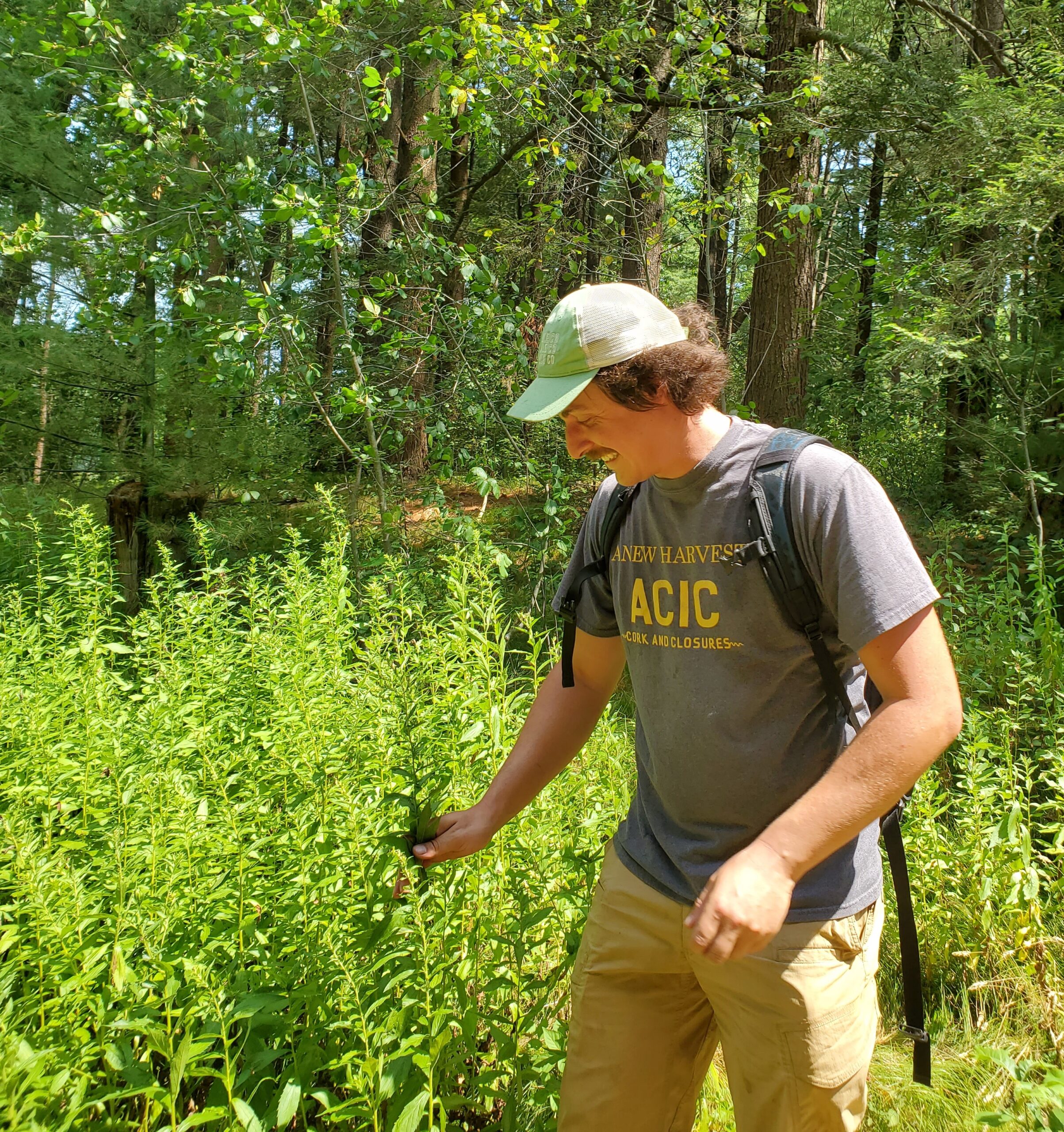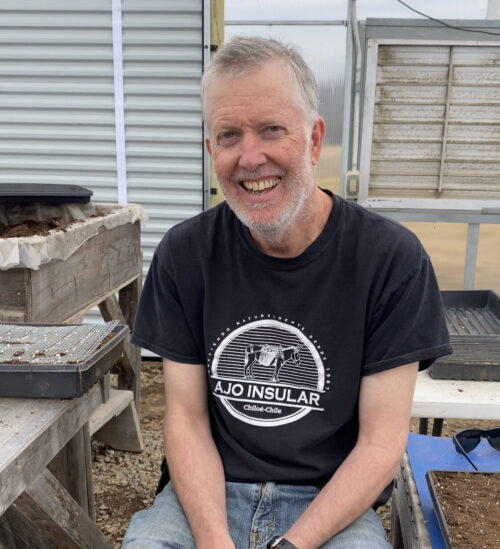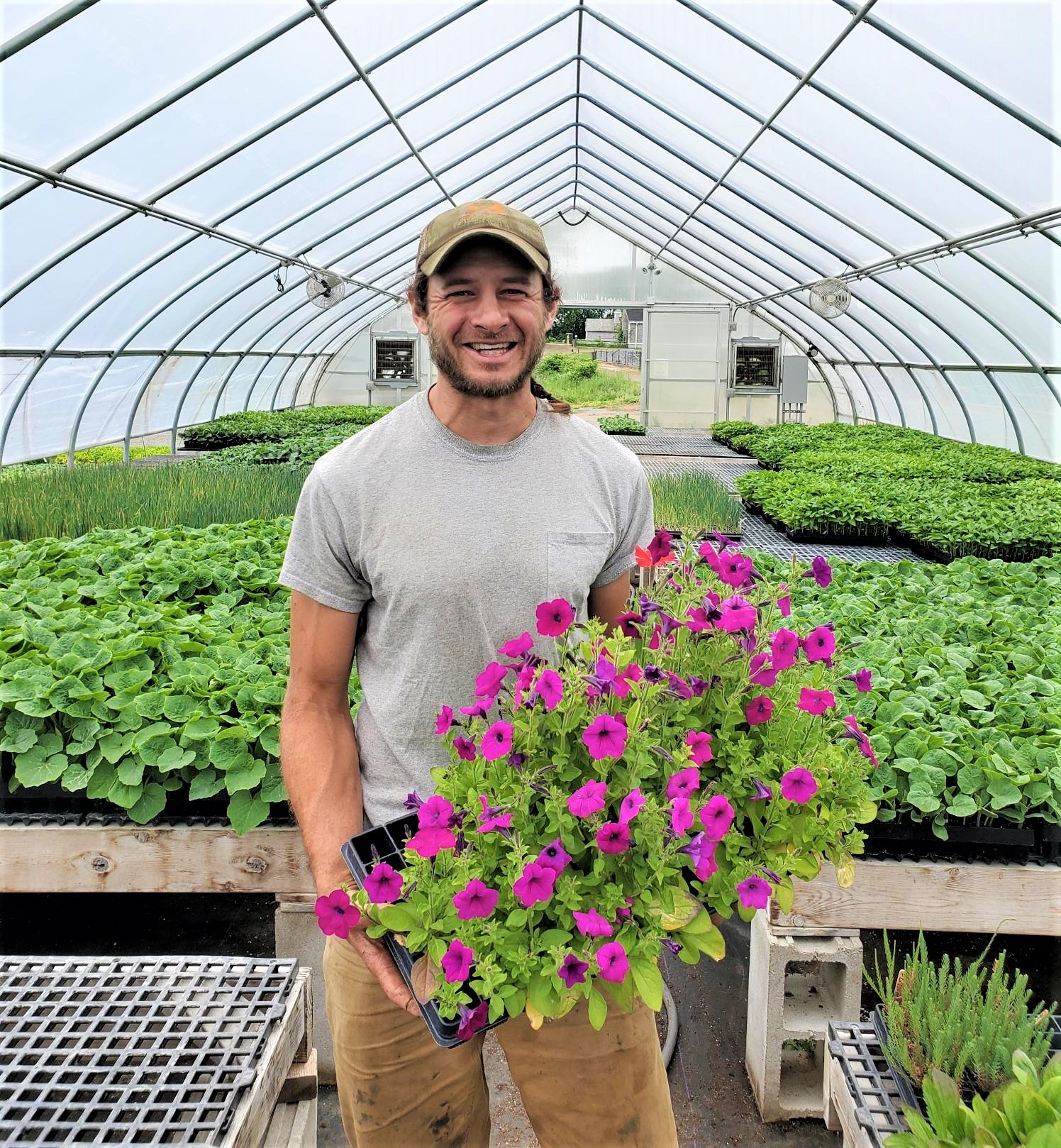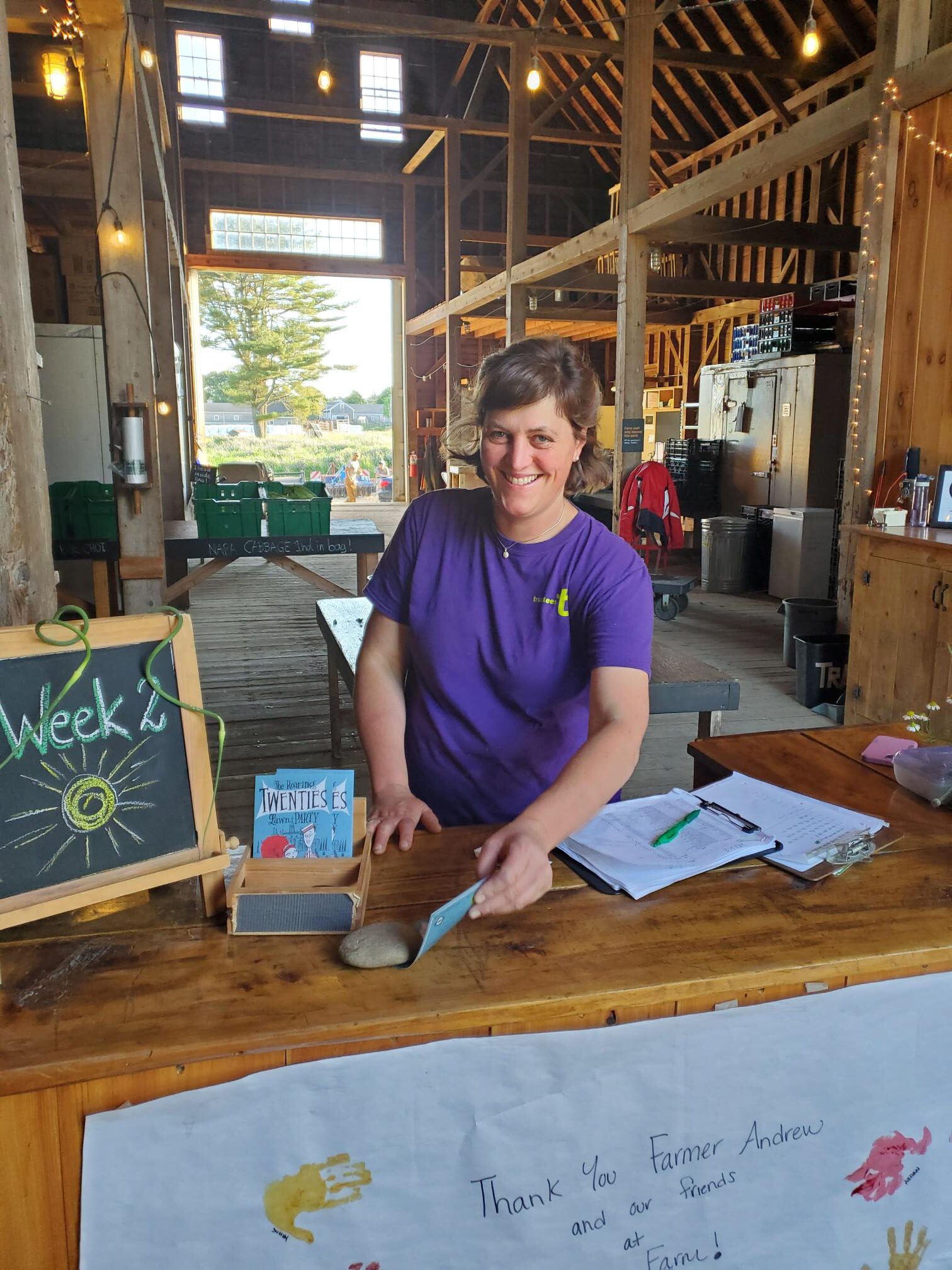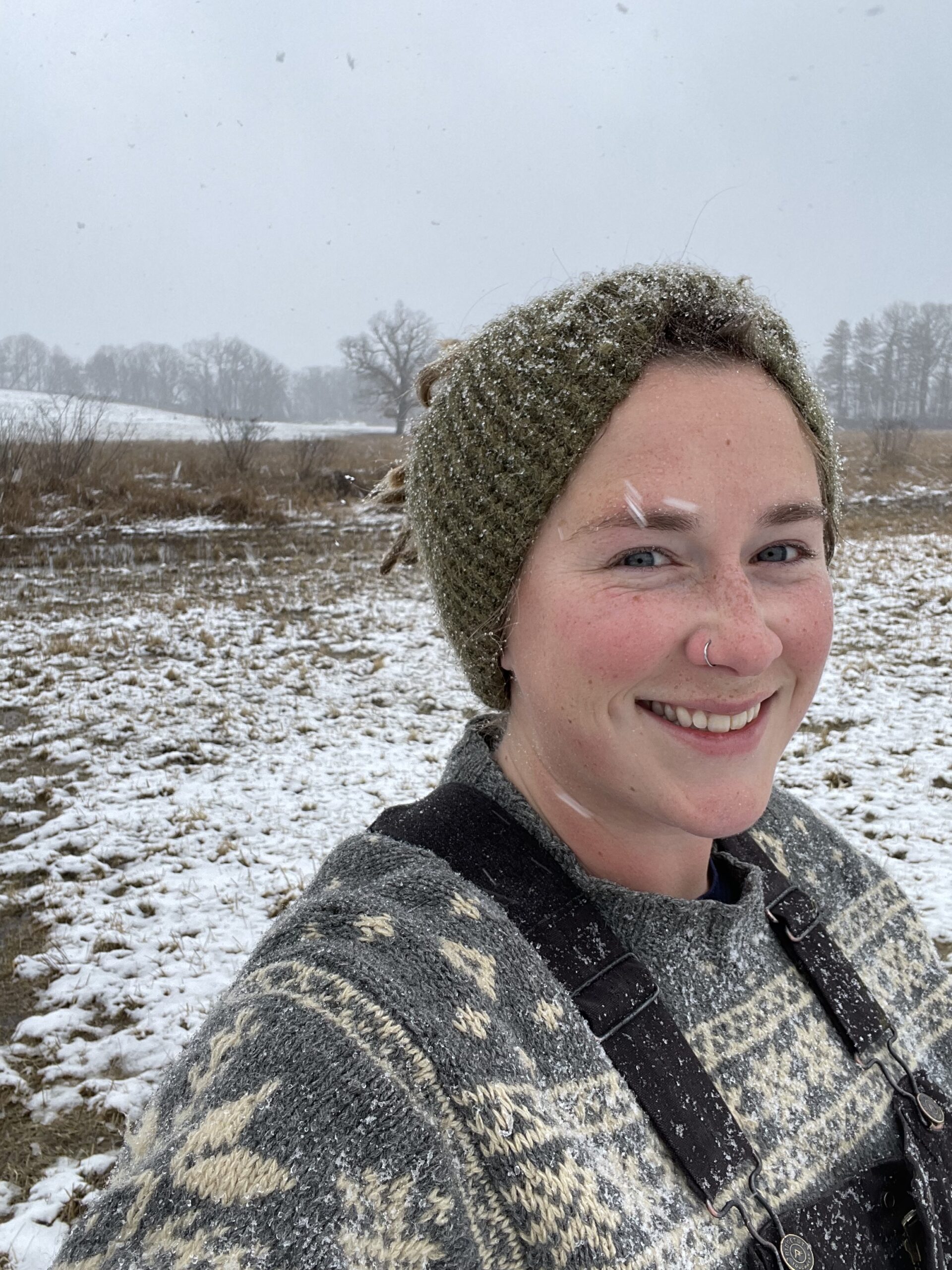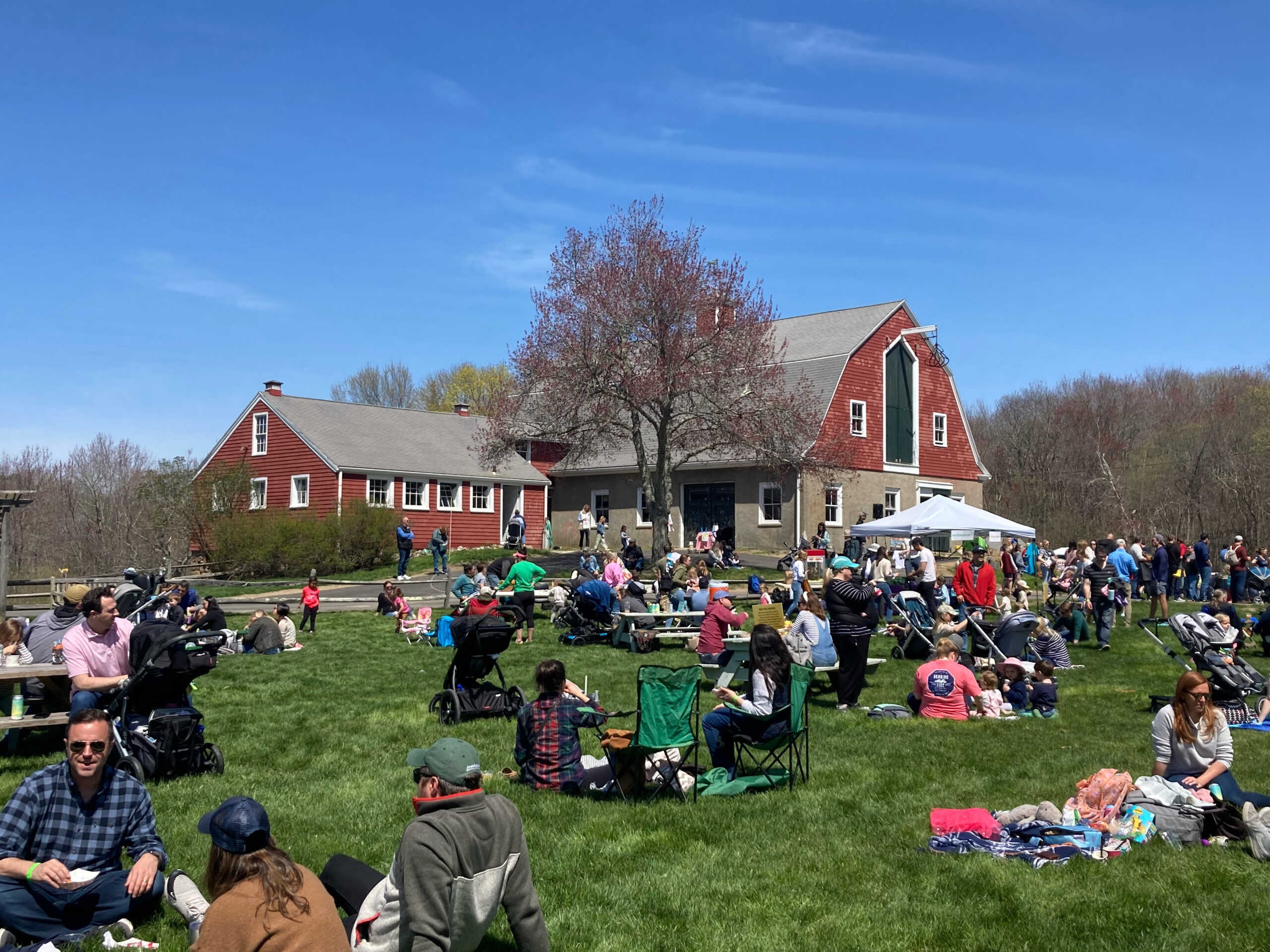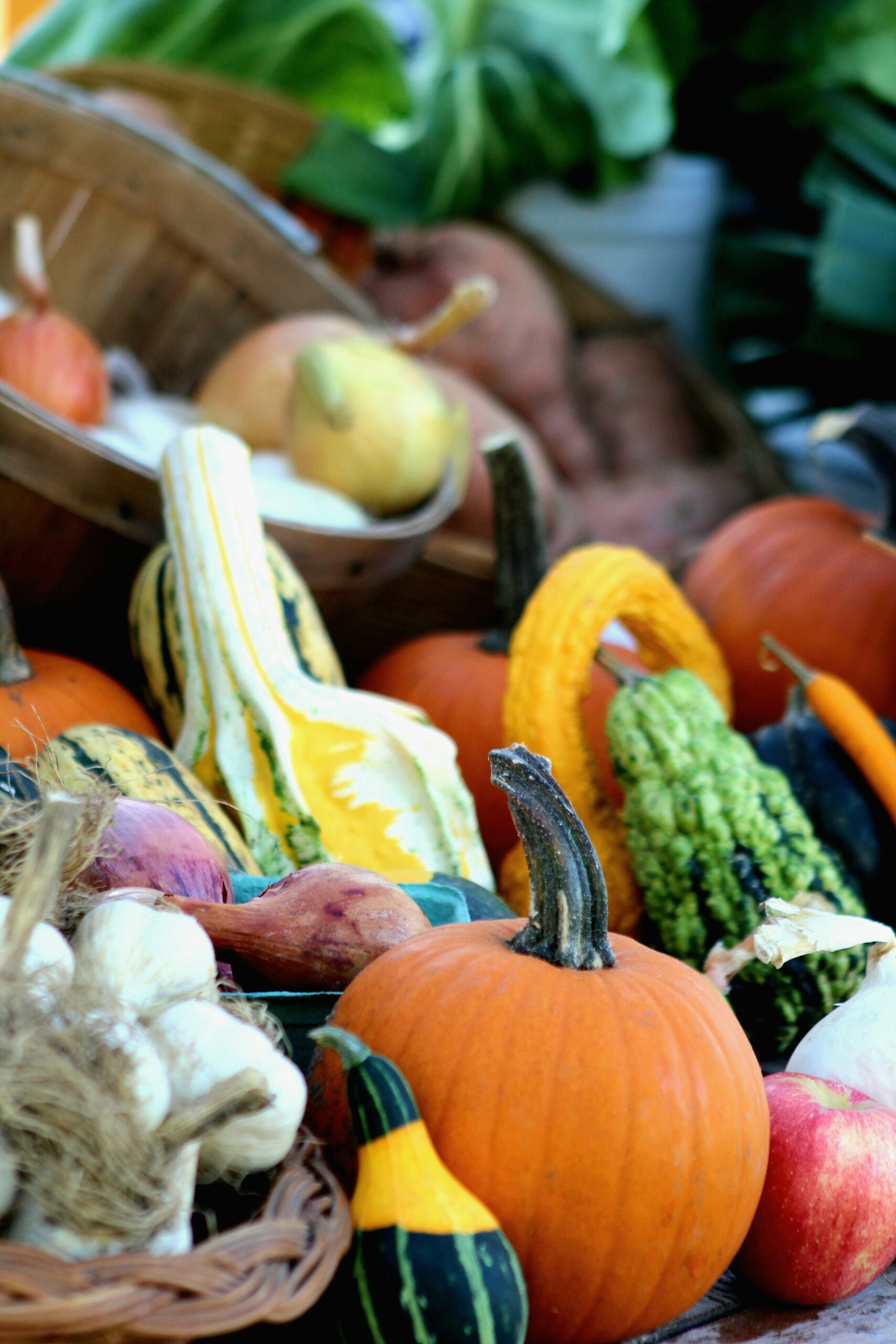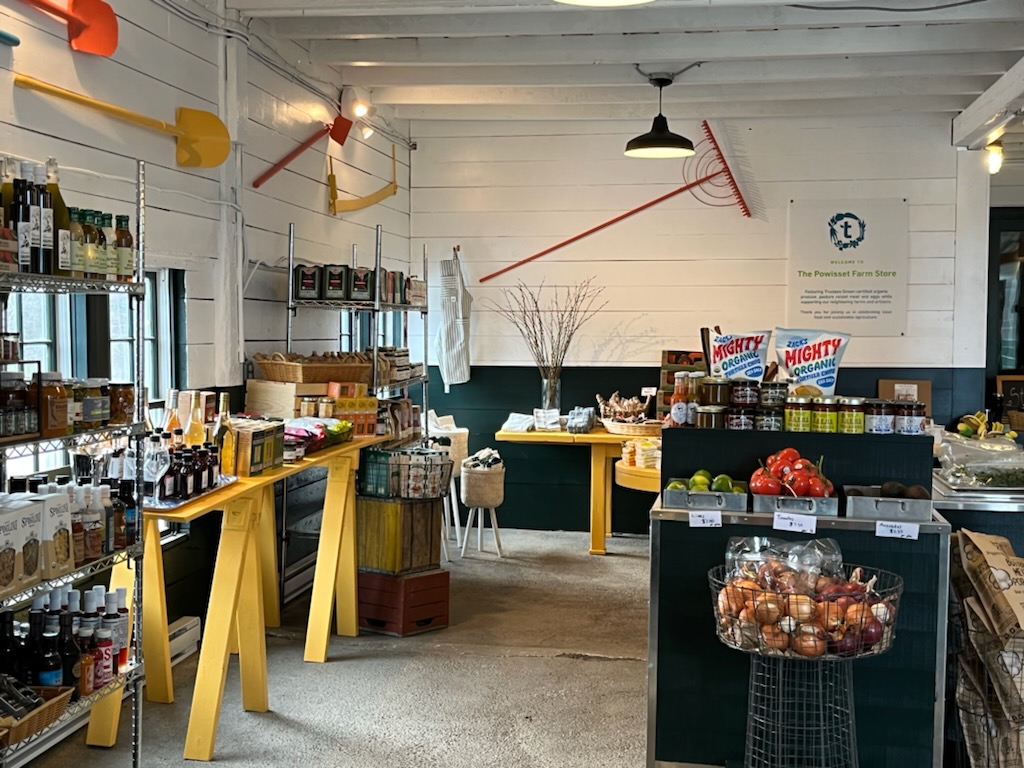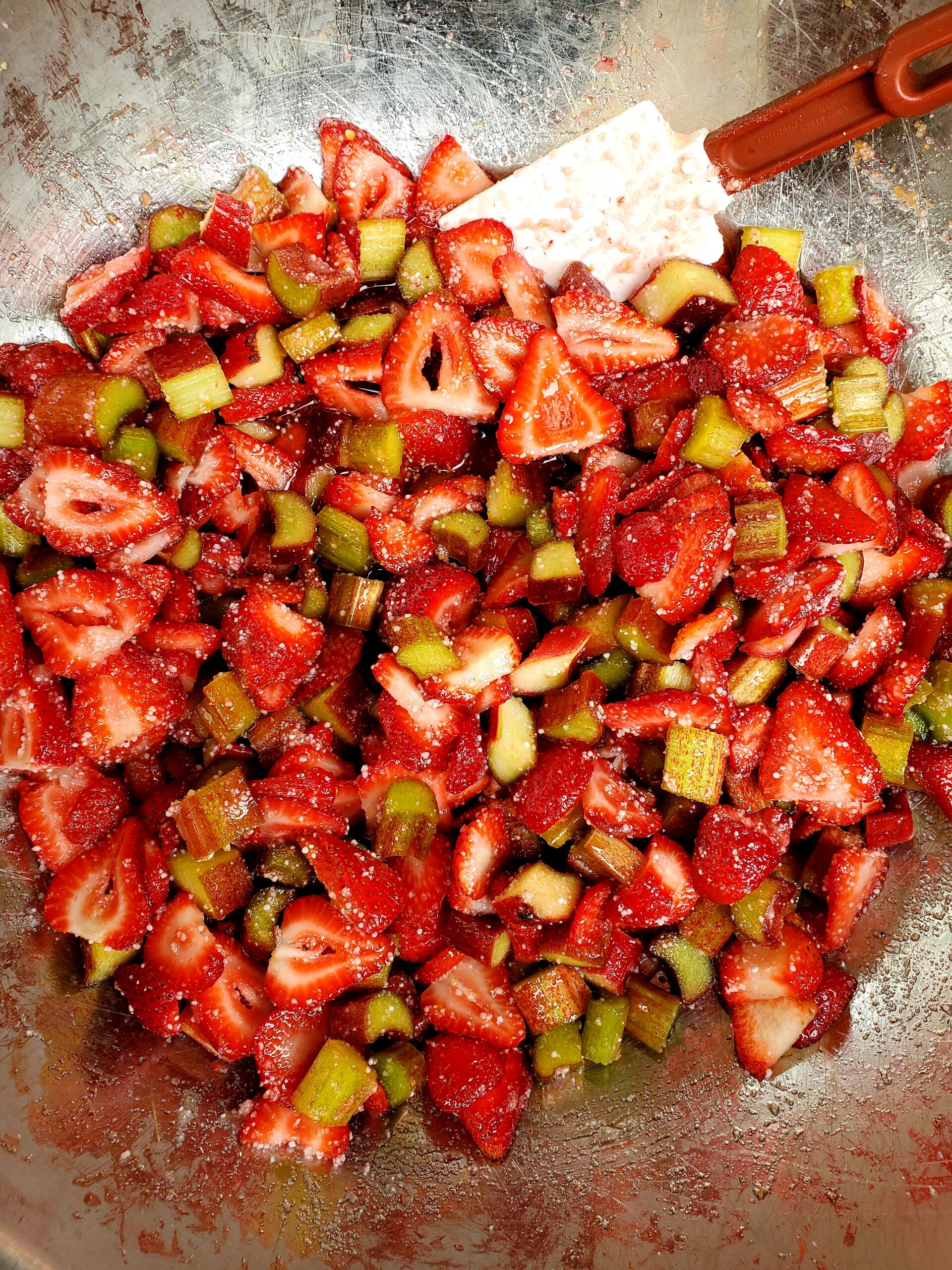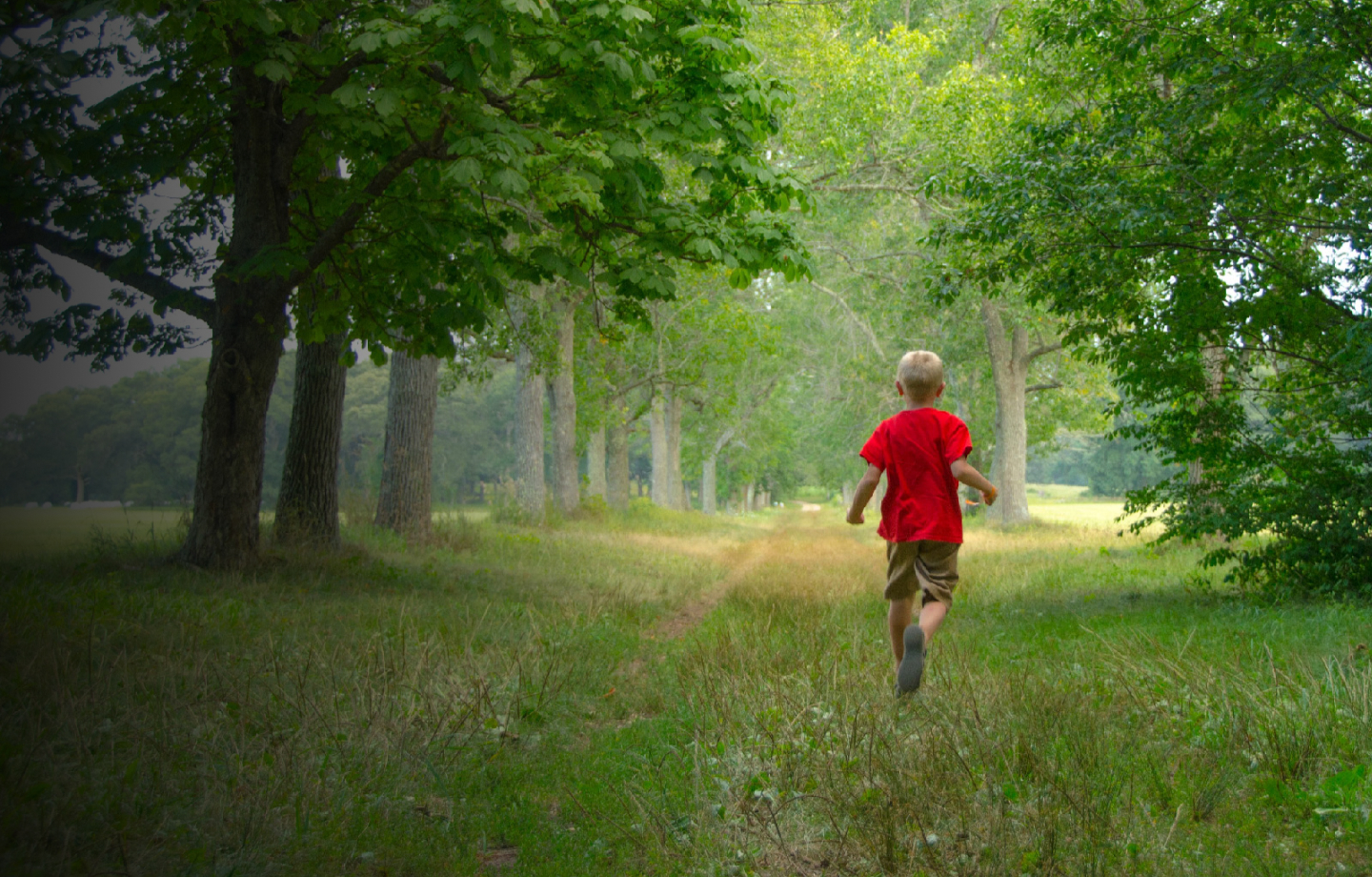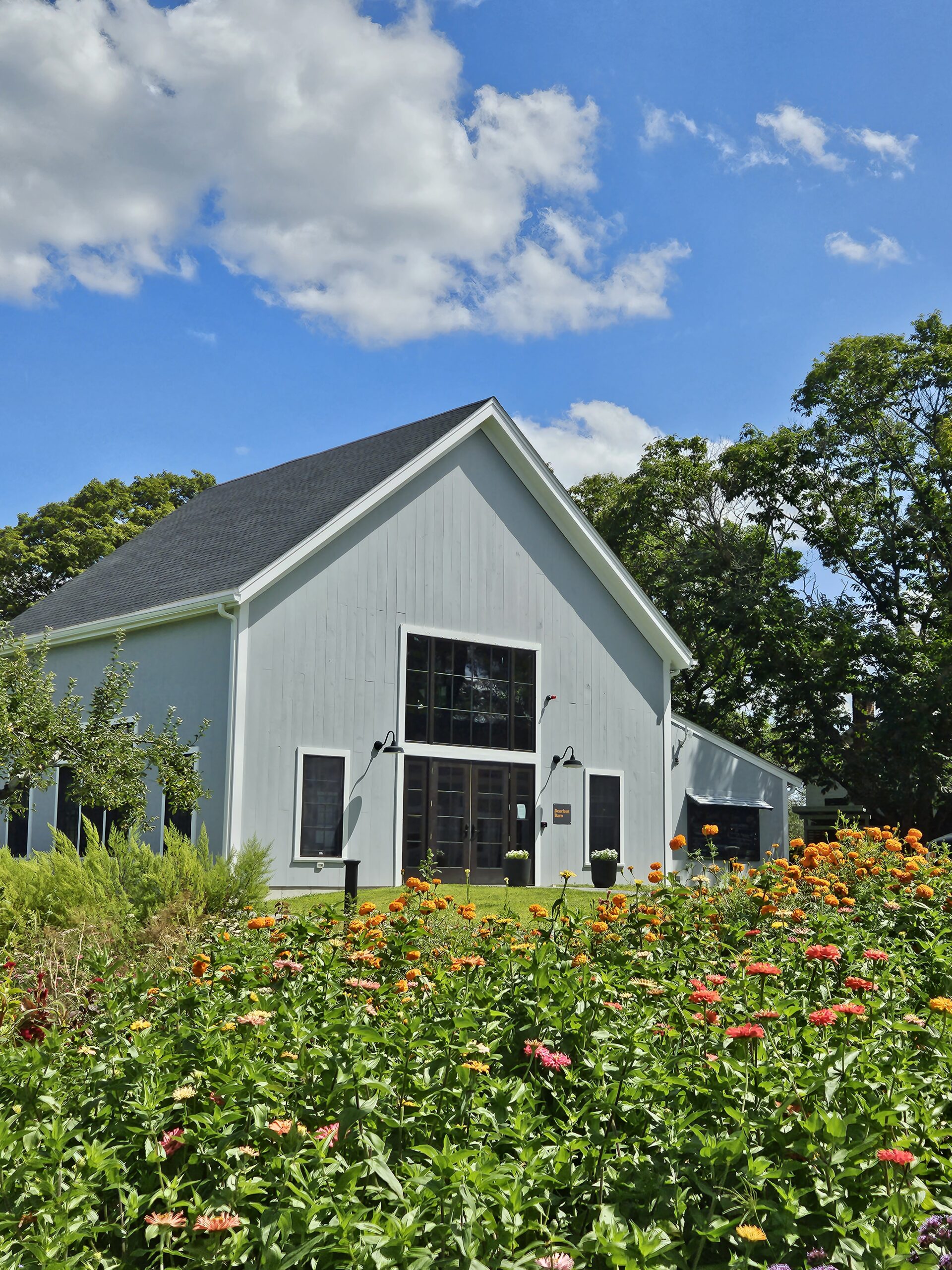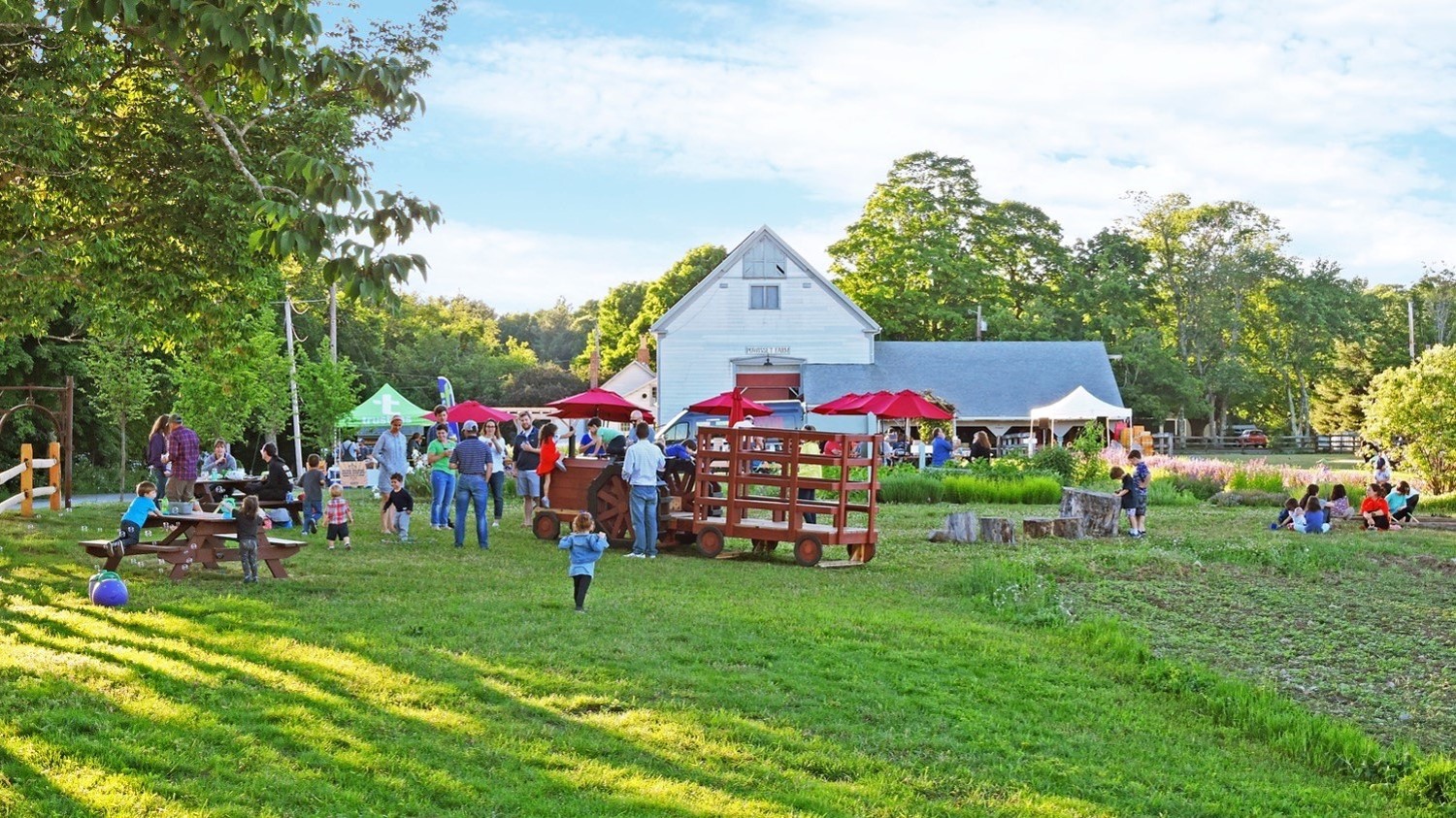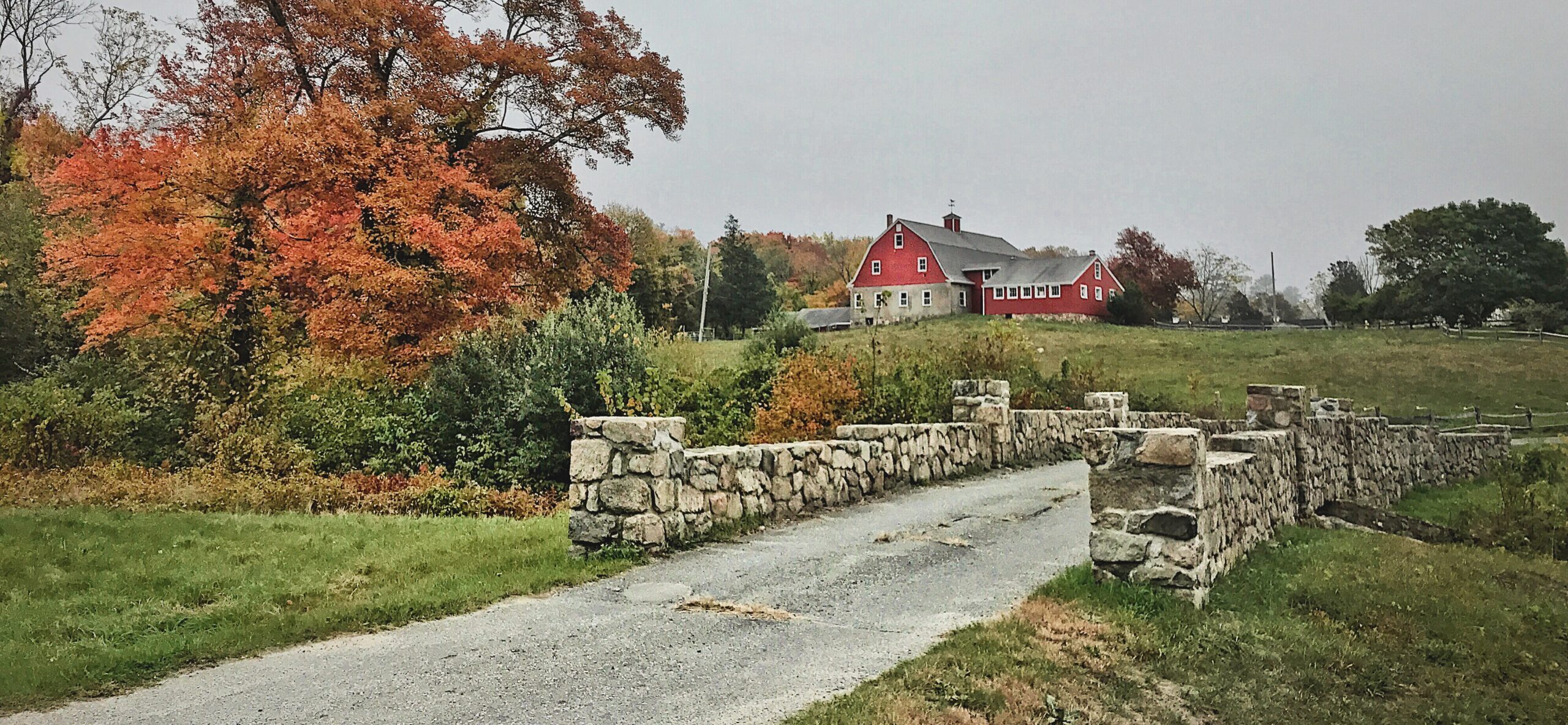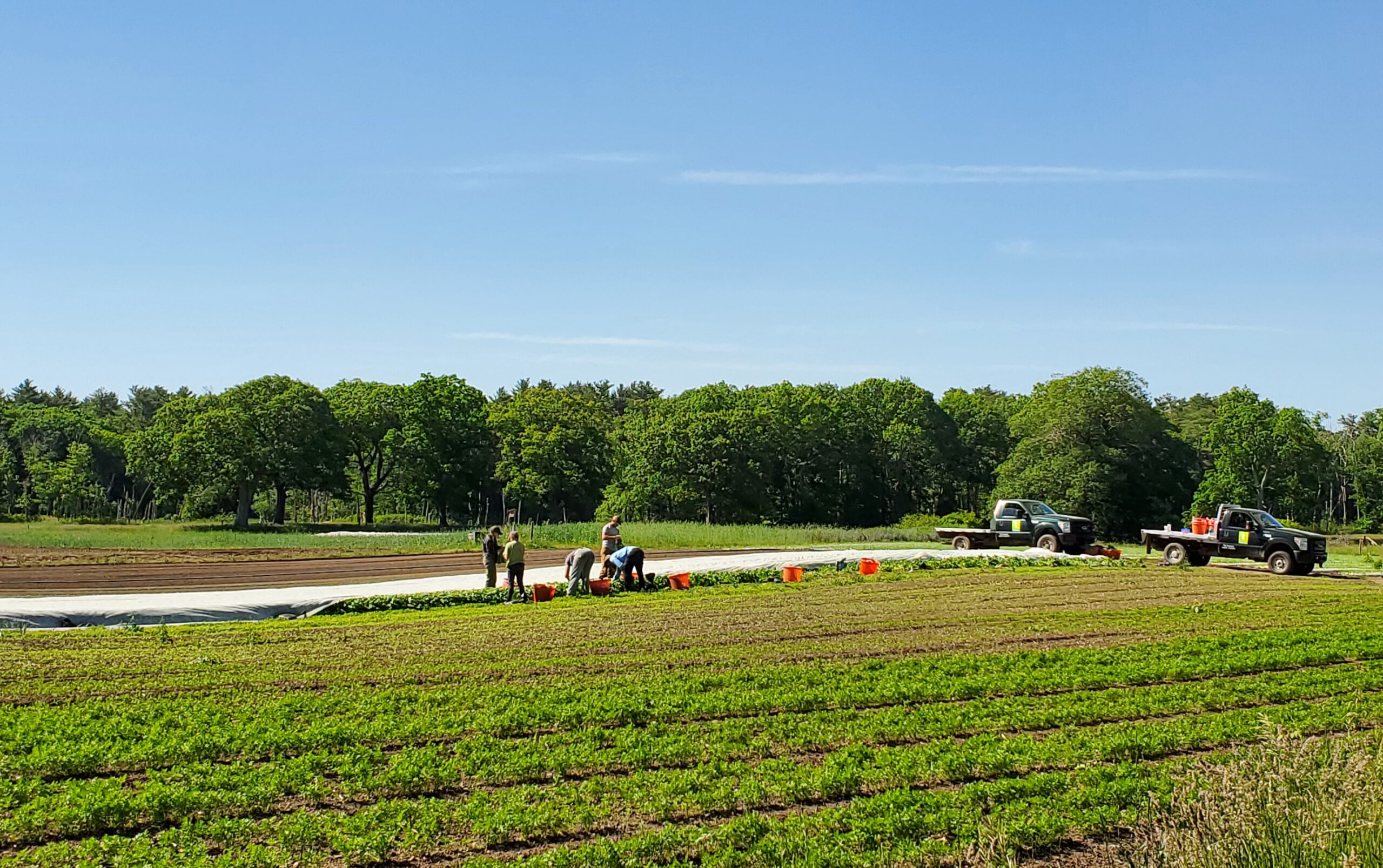

Farms & Food
Meet Our Farmers
Meet the dedicated and passionate people who work the fields and pastures at our five working farms.
Like our working farms, the farmers and growers who work there each have a unique perspective and personality which they bring to every task and to each season. While their backgrounds differ, they all have an equal passion and dedication to the work they do every day at these very special places. Read some of their stories below.
